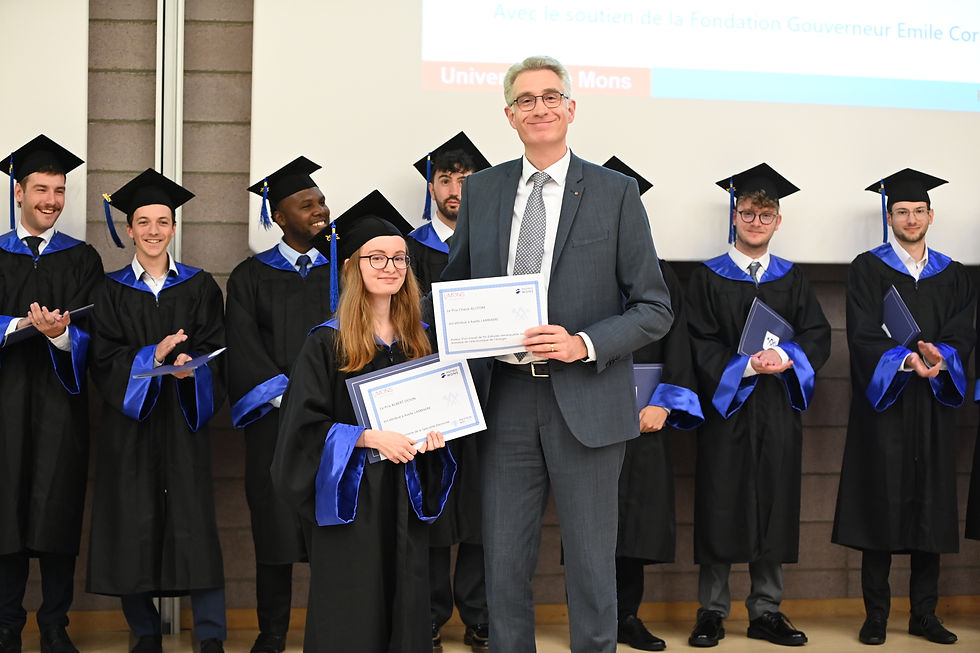A new publication in the IEEE Transactions on Smart Grid in collaboration with the University of Hong Kong
- 28 août 2024
- 1 min de lecture

To enhance the quality of energy management tasks, accurately representing the thermal dynamics of buildings is crucial. Traditional methods aim to improve the building model in regards to an arbitrary statistical metric, before feeding the trained model to the optimization-based energy management process.
In a recent collaboration with the University of Hong Kong (team of Prof. Yi Wang), we advocate for a more integrated approach, consisting of incorporating the downstream optimization directly into the training pipeline. The goal is to improve the building model in strategic operating zones, where the greatest impact on decision-making will be achieved.
To this end, we first formulate the thermal dynamics as ordinary differential equations (ODEs) using neural networks. The model parameters are then updated through an end-to-end gradient-based training strategy wherein the downstream optimization is used as the loss function. To increase the robustness of the approach, the proposed loss is combined with traditional physics-informed accuracy-oriented training, employing a novel coordinated gradient descent algorithm.
Simulation results show the effectiveness of the proposed modeling method, regarding both the optimality of decisions and their physical interpretability.
This research recently published by the IEEE Transactions on Smart Grid is authored by Xueyuan Cui, Jean-François Toubeau, Francois Vallee, and Wang Yi.
The full paper is accessible here: https://ieeexplore.ieee.org/document/10638763/authors#authors




